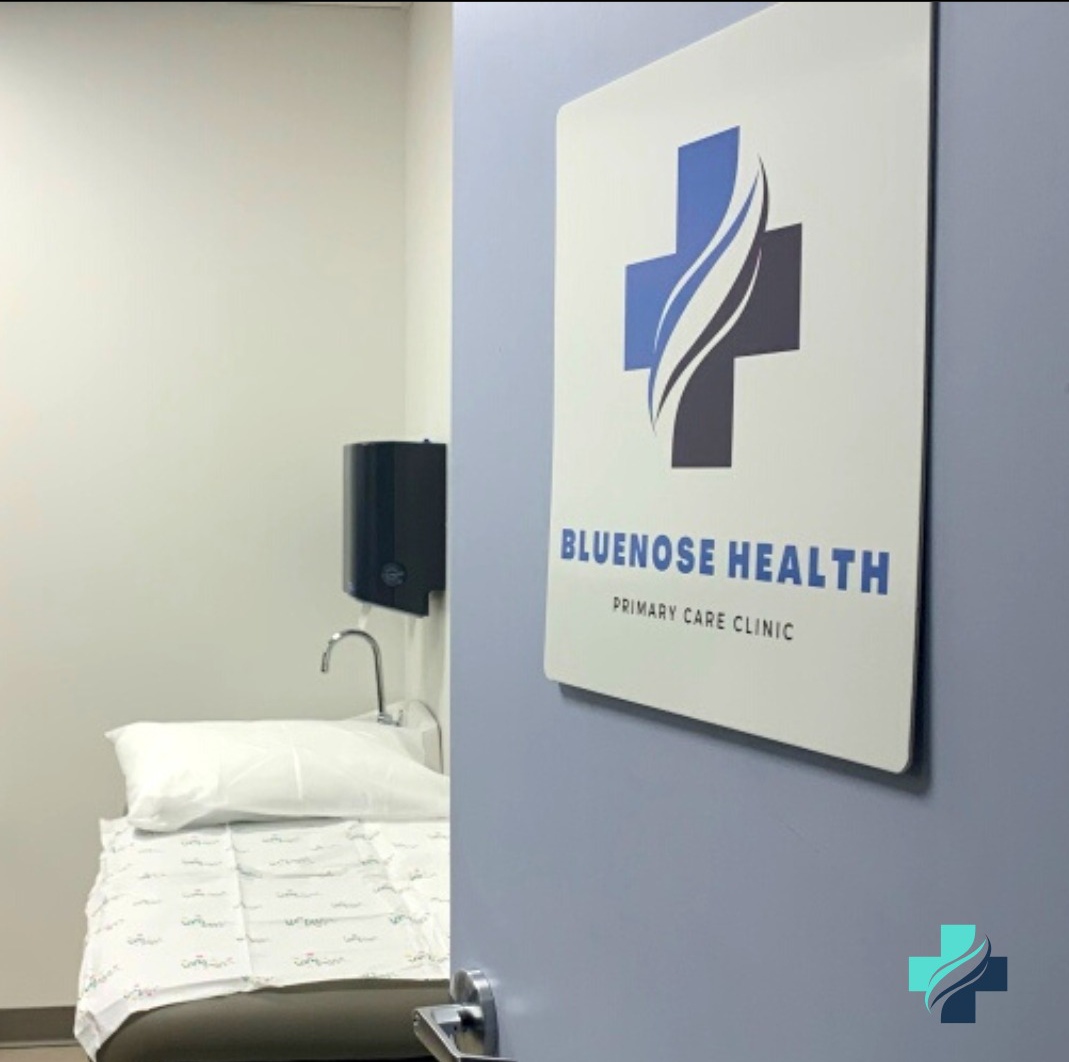The Netherlands is a vibrant, prosperous, and welcoming country that has long attracted immigrants from around the world. With its stable economy, high quality of life, and diverse job market, the Netherlands offers ample opportunities for those seeking a new path in life. This comprehensive guide aims to provide international job seekers with a detailed, authoritative overview of the process of finding employment in the Netherlands with visa sponsorship.
Understanding the Dutch Job Market
The Dutch job market is renowned for its dynamism and diversity, offering opportunities across a wide range of industries. From tech and innovation to healthcare and the creative arts, the Netherlands is home to a thriving business landscape that welcomes international talent.
One of the key strengths of the Dutch job market is its emphasis on specialized, high-skill positions. The country is a hub for cutting-edge research and development, with many multinational corporations and startups seeking skilled professionals to drive innovation. Additionally, the Netherlands is known for its robust manufacturing and logistics sectors, as well as its burgeoning creative and cultural industries.
Despite the abundance of opportunities, the Dutch job market can be highly competitive, particularly for positions that require specific language skills or industry experience. Employers often seek candidates who not only possess the necessary technical expertise but also demonstrate a strong cultural fit and a willingness to adapt to the Dutch work culture.
Visa Requirements for Working in the Netherlands
To secure employment in the Netherlands as an immigrant, you will need to obtain the appropriate visa or residence permit. The specific requirements will depend on your country of origin, the type of job you are seeking, and the duration of your intended stay.
The Highly Skilled Migrant Visa (HSM)
The Highly Skilled Migrant Visa (HSM) is one of the most common visa options for international job seekers in the Netherlands. This visa is designed for individuals with in-demand skills and expertise who are offered a job by a recognized Dutch employer. To be eligible for the HSM visa, you must meet the following criteria:
- Have a job offer from a recognized Dutch employer
- Meet the minimum income threshold, which varies based on your age
- Possess a valid passport
- Demonstrate that you have the necessary skills and qualifications for the job
The HSM visa is valid for a maximum of five years and can be extended. It allows you to live and work in the Netherlands, as well as bring your immediate family members (spouse and minor children) with you.
The Intra-Corporate Transferee (ICT) Visa
The Intra-Corporate Transferee (ICT) visa is designed for employees of multinational companies who are temporarily transferred to the Netherlands. This visa is particularly useful for individuals who are already employed by a company with a presence in the Netherlands and are being sent to work at the Dutch branch or subsidiary.
To be eligible for the ICT visa, you must:
- Have been employed by the parent company for at least three months prior to the transfer
- Have a job offer from the Dutch branch or subsidiary
- Meet the minimum income threshold
- Possess a valid passport
The ICT visa is valid for a maximum of three years and can be extended. It allows you to live and work in the Netherlands, as well as bring your immediate family members with you.
The EU Blue Card
The EU Blue Card is a residence and work permit that is recognized across the European Union, including the Netherlands. This visa is designed for highly skilled, non-EU/EEA nationals who have been offered a job in the Netherlands.
To be eligible for the EU Blue Card, you must:
- Have a job offer from a Dutch employer
- Meet the minimum income threshold, which is higher than the HSM visa
- Possess a valid passport
- Demonstrate that you have the necessary qualifications and skills for the job
The EU Blue Card is valid for a maximum of four years and can be extended. It allows you to live and work in the Netherlands, as well as travel freely within the Schengen area.
The Startup Visa
The Startup Visa is a unique visa option designed for entrepreneurs who wish to establish a new business in the Netherlands. This visa is particularly useful for individuals who have a innovative business idea and are seeking to launch a startup in the Netherlands.
To be eligible for the Startup Visa, you must:
- Have a detailed business plan that has been approved by a recognized Dutch startup incubator or accelerator
- Demonstrate that you have the necessary skills and experience to successfully launch and manage a startup
- Meet the minimum financial requirements, which include having access to sufficient funds to support yourself and your business
- Possess a valid passport
The Startup Visa is valid for a maximum of one year, with the possibility of extending it for an additional year if your startup is deemed successful. During this time, you will be expected to establish your business and work towards achieving specific milestones.
Finding Employers in the Netherlands
Once you have a solid understanding of the visa requirements, the next step is to begin your search for employers in the Netherlands who are willing to sponsor your visa.
Networking and Making Connections
One of the most effective ways to find job opportunities in the Netherlands is through networking and making connections. Attend industry events, conferences, and meetups to engage with professionals in your field and learn about potential job openings. Utilize online platforms like LinkedIn to connect with Dutch-based companies and individuals who may be able to assist you in your job search.
Job Boards and Recruitment Agencies
In addition to networking, you can also explore job boards and recruitment agencies that specialize in connecting international talent with Dutch employers. Some popular job boards include:
- Randstad
- EURES
- Glassdoor
- LinkedIn Jobs
- Indeed
These platforms often feature listings for positions that are open to international applicants and offer visa sponsorship. Recruitment agencies can also be a valuable resource, as they can provide personalized assistance and guidance throughout the job search process.
Targeted Company Research
Another effective strategy is to conduct targeted research on companies that operate in the Netherlands and are known to hire international talent. Identify the industries and sectors that align with your skills and experience, and then proactively reach out to these companies to inquire about potential job opportunities.
When reaching out to potential employers, be sure to highlight your unique qualifications and demonstrate how your skills and experience can contribute to the company’s success. Emphasize your willingness to adapt to the Dutch work culture and your commitment to the role.
Preparing Your Job Application
Once you have identified potential job opportunities, it’s time to focus on crafting a compelling job application. This process involves several key steps:
Résumé and Cover Letter Preparation
Ensure that your résumé and cover letter are tailored to the Dutch job market and the specific position you are applying for. Pay close attention to the formatting, language, and tone, as Dutch employers may have different expectations compared to your home country.
Gathering Required Documents
Depending on the position and the employer’s requirements, you may need to provide additional documents such as:
- Copies of your passport and/or ID
- Copies of your educational and professional qualifications
- References or letters of recommendation
- Proof of language proficiency (e.g., language test scores)
Be prepared to submit these documents as part of your application process.
Demonstrating Cultural Fit
In addition to your technical skills and qualifications, Dutch employers also place a strong emphasis on cultural fit. Be prepared to demonstrate your understanding and appreciation of Dutch work culture, as well as your ability to adapt and thrive in a new environment.
Preparing for Interviews
If your application is successful, you will likely be invited to participate in one or more job interviews. Take the time to research the company, the role, and the Dutch business landscape, and practice your responses to common interview questions. Be prepared to discuss your motivations for working in the Netherlands and your long-term career goals.
Succeeding in the Dutch Workplace
Securing a job in the Netherlands is just the first step – the next challenge is to excel in the Dutch workplace and establish a successful career.
Adapting to the Dutch Work Culture
The Dutch work culture is known for its emphasis on directness, efficiency, and work-life balance. Be prepared to adapt to a more informal and collaborative work environment, where open communication and constructive feedback are the norm.
Developing Language Skills
While many Dutch professionals are fluent in English, demonstrating a willingness to learn the Dutch language can go a long way in building stronger connections with your colleagues and demonstrating your long-term commitment to the company and the country.
Networking and Building Relationships
Investing time and effort into building professional relationships and networks can be incredibly beneficial for your career development in the Netherlands. Attend industry events, join professional associations, and actively participate in team-building activities to expand your circle of contacts.
Seeking Opportunities for Growth and Advancement
The Netherlands is known for its commitment to employee development and providing opportunities for career advancement. Be proactive in seeking out training programs, mentorship opportunities, and internal job postings that align with your professional goals.
Conclusion
The Netherlands offers a wealth of job opportunities for international job seekers with the right skills, qualifications, and determination. By understanding the visa requirements, navigating the job search process, and embracing the Dutch work culture, you can position yourself for success and embark on a rewarding career in this dynamic and welcoming country.
Remember, the journey to finding a job in the Netherlands may not be without its challenges, but with the right preparation, persistence, and adaptability, you can overcome any obstacles and achieve your professional aspirations. Good luck!
FAQ
1. What are the most in-demand industries for immigrants in the Netherlands?
The Netherlands is known for its strength in several key industries that often seek international talent, including:
- Technology and Innovation (e.g., software development, data science, artificial intelligence)
- Healthcare (e.g., nursing, medical research, pharmaceutical development)
- Logistics and Transportation (e.g., supply chain management, logistics coordination)
- Manufacturing (e.g., engineering, production, quality control)
- Creative Industries (e.g., design, marketing, digital media)
These sectors typically offer a range of job opportunities for immigrants with the right skills and qualifications.
2. How important is learning the Dutch language for finding a job in the Netherlands?
Proficiency in the Dutch language is highly valued by Dutch employers, as it demonstrates a commitment to integrating into the local work culture and community. While many positions, especially in multinational companies, may accept English as the primary language, learning Dutch can significantly increase your chances of finding a job and advancing in your career. Employers often appreciate candidates who make an effort to learn the language, as it facilitates better communication, collaboration, and cultural understanding.
3. What is the average salary for immigrants working in the Netherlands?
The average salary for immigrants in the Netherlands can vary widely depending on factors such as your job title, industry, level of experience, and qualifications. According to recent data, the average gross annual salary for foreign nationals working in the Netherlands is around €45,000 to €55,000. However, salaries can range from €30,000 for entry-level positions to over €100,000 for highly specialized, senior-level roles. It’s important to research the typical salary ranges for your specific job and industry to ensure that you are being offered a competitive compensation package.
4. What are the steps to apply for a job in the Netherlands as an immigrant?
The typical steps to apply for a job in the Netherlands as an immigrant include:
- Understand the visa requirements and determine the best option for your situation (e.g., Highly Skilled Migrant Visa, EU Blue Card).
- Identify and research potential employers in your field of expertise, either through job boards, networking, or targeted company research.
- Prepare a tailored resume and cover letter that highlights your relevant skills, qualifications, and cultural fit for the Dutch job market.
- Apply for suitable job openings, ensuring that you meet the required qualifications and are able to provide any necessary documentation.
- Participate in the interview process, demonstrating your understanding of Dutch work culture and your ability to contribute to the organization.
- If offered a job, work with your employer to complete the visa application process and secure the necessary work permit.
5. How can immigrants find housing and integrate into the Dutch community?
Finding suitable housing and integrating into the Dutch community can be important considerations for immigrants seeking to work in the Netherlands. Some tips include:
- Reach out to your employer, as many companies may offer assistance or recommendations for housing options near the workplace.
- Explore real estate websites and rental platforms to search for apartments or shared accommodations in the desired location.
- Connect with local expat groups, social clubs, or community organizations to build a support network and learn about integration resources.
- Immerse yourself in Dutch language and cultural activities to develop a better understanding of the local customs and traditions.
- Engage with your local neighborhood, attend community events, and volunteer to further strengthen your ties to the Netherlands.
By proactively addressing your housing and integration needs, you can create a more seamless transition to living and working in the Netherlands as an immigrant.



